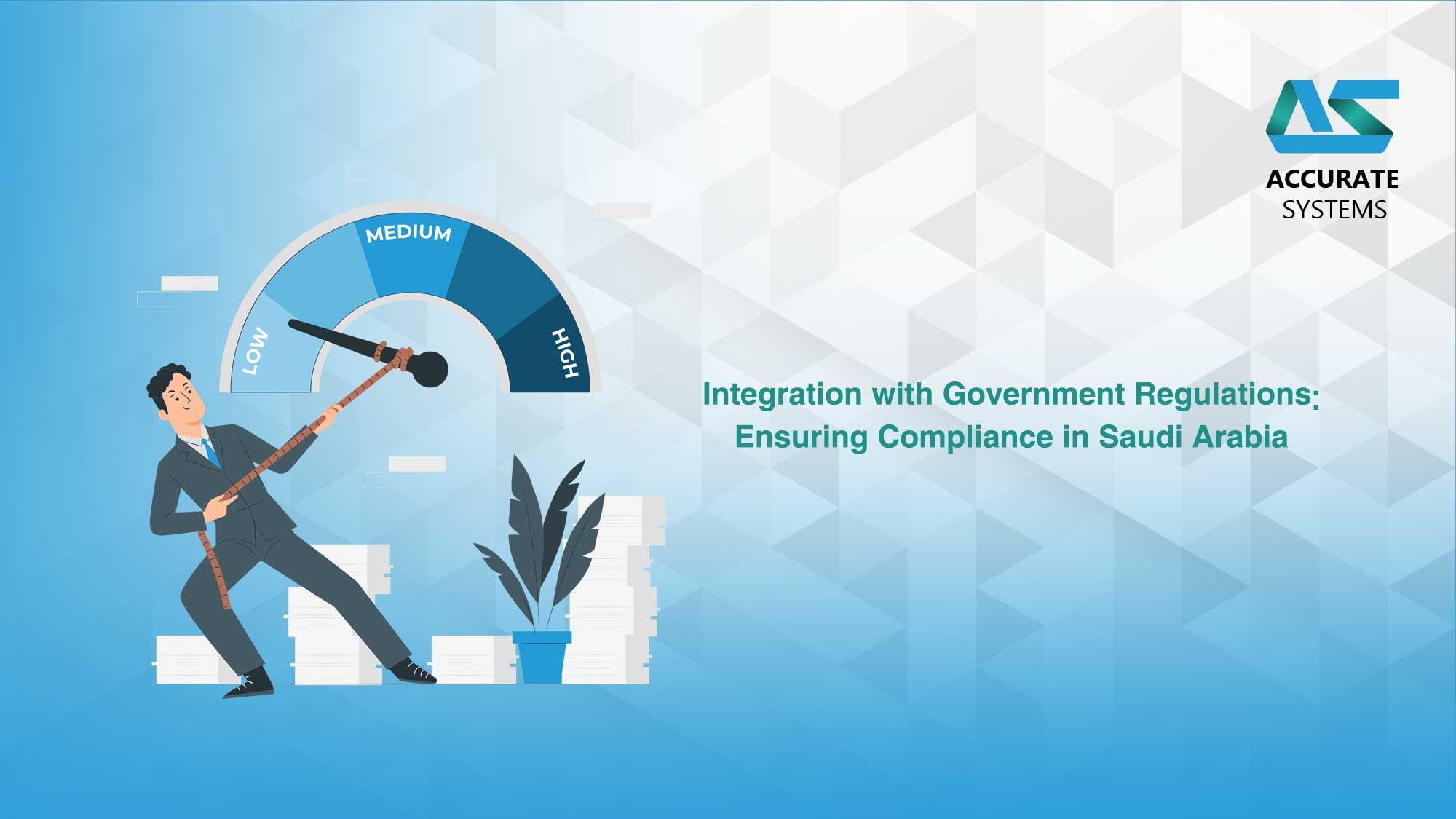Introduction
As Saudi Arabia experiences rapid economic growth and modernization, businesses must navigate an increasingly complex regulatory environment. Ensuring compliance with local laws is essential for maintaining operational integrity, reducing risks, and building a strong reputation. Enterprise Resource Planning (ERP) systems have become a crucial tool in helping companies comply with regulations effectively.
Importance of Regulatory Compliance
Regulatory compliance is not just about following the law—it plays a pivotal role in the long-term success of businesses in Saudi Arabia. Key reasons include:
- Legal and Financial Risks: Non-compliance can result in substantial fines, penalties, and legal issues.
- Operational Disruptions: Violating regulations can lead to operational delays, inefficiencies, and even the loss of customers.
- Reputational Damage: A failure to comply with regulations can damage a company’s reputation, diminishing trust among customers and stakeholders.
How ERP Systems Ensure Regulatory Compliance
ERP systems provide a robust framework for maintaining compliance through centralized data management, automated processes, and real-time monitoring. Here’s how:
1. Centralized Data Management
ERP systems serve as a centralized database for managing critical business data, making it easier to track licenses, permits, certifications, and other compliance-related information. This consolidated data structure allows for quick access and better control of compliance documentation.
2. Automated Processes
With automation, ERP systems reduce human error and improve consistency in regulatory tasks. Features like automated reporting, document management, and deadline tracking ensure that businesses stay on top of regulatory requirements.
3. Real-Time Monitoring
ERP systems enable real-time monitoring of business activities, allowing organizations to detect potential compliance issues before they escalate. Early detection means businesses can take corrective action promptly, avoiding costly repercussions.
4. Audit Trail
ERP systems provide a detailed audit trail, recording all changes made to business data. This helps businesses demonstrate compliance during inspections or audits by regulatory authorities.
5. Integration with Regulatory Bodies
Many ERP systems offer integration with government regulatory platforms, facilitating seamless communication and data exchange. This ensures that businesses can submit reports or documentation directly to regulatory bodies, saving time and improving accuracy.
Key Regulatory Areas Supported by ERP Systems
ERP systems offer specialized support for different regulatory areas that are crucial for businesses in Saudi Arabia:
- Tax Compliance: ERP systems automate tax calculations, manage tax filings, and track tax liabilities, ensuring businesses meet complex tax regulations.
- Labor Laws: ERP solutions assist in managing employee records and payroll, ensuring compliance with labor laws and payroll taxes.
- Environmental Regulations: ERP platforms help monitor and manage waste disposal and environmental impact, supporting compliance with environmental laws.
- Data Privacy: ERP systems safeguard sensitive customer data, helping businesses comply with data privacy regulations such as the General Data Protection Regulation (GDPR) and local laws.
- Quality Control: ERP systems support quality management processes, ensuring products and services meet industry-specific standards and regulations.
Best Practices for ERP-Based Compliance
To maximize the benefits of ERP systems for regulatory compliance, businesses should follow these best practices:
- Regular System Updates: Ensure your ERP system is updated regularly to align with the latest regulatory changes.
- Risk Assessments: Conduct frequent risk assessments to identify compliance gaps and develop strategies to mitigate them.
- Employee Training: Provide regular training on regulatory compliance and how to use the ERP system effectively.
- Third-Party Audits: Periodically hire third-party auditors to review your compliance processes and ERP system functionality.
Conclusion
In Saudi Arabia’s evolving regulatory environment, ERP systems have become indispensable tools for businesses seeking to ensure compliance. By centralizing data, automating compliance tasks, and providing real-time monitoring, ERP systems reduce risks, enhance operational efficiency, and help companies maintain their reputation. Leveraging an ERP system can give businesses the peace of mind they need to focus on growth while staying fully compliant with local laws and standards.


